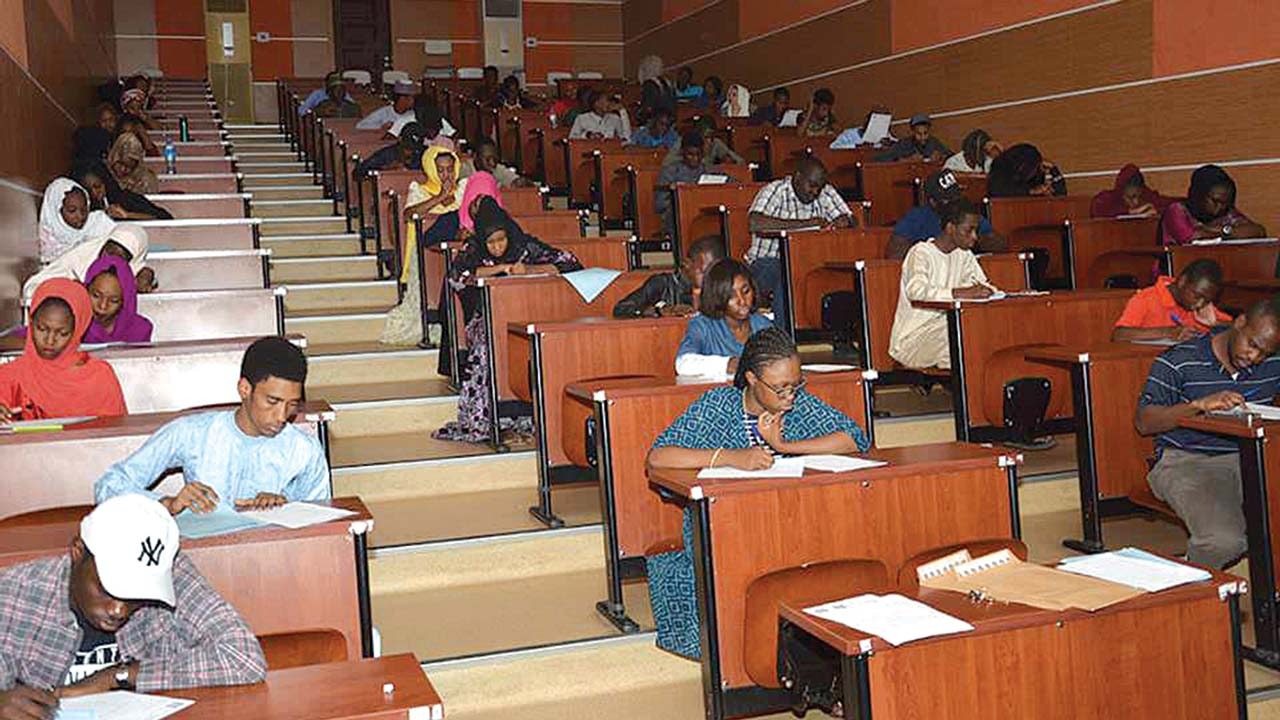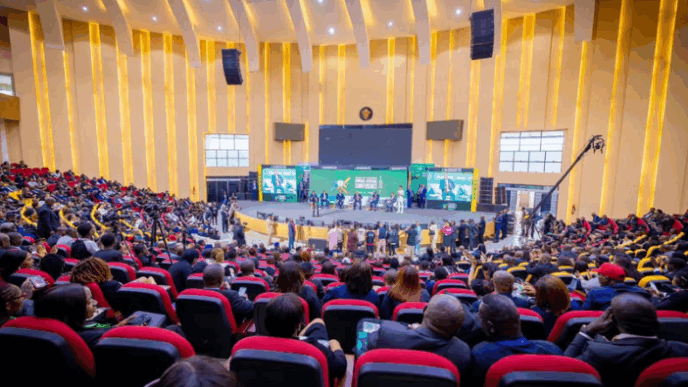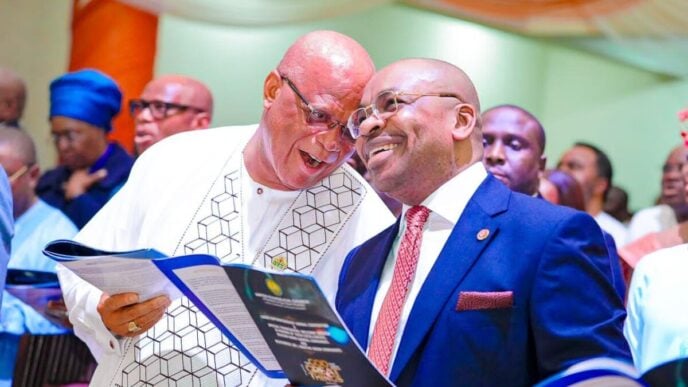“If ASUU goes on strike, what do you plan to do with the time?”
This was the question I recently asked my niece, a final year student preparing to resume for the new academic session. As expected, her first response was her hope that the strike wouldn’t happen. I told her I hope the same. With the Minister of Education recently assuring Nigerians that no strike is imminent, it feels like a good hope to hold onto. Still, I insisted she reflect and come up with an answer.
At first, even I wondered if this was too pessimistic. But then I remembered how ASUU strikes extended my own four-year degree into five. I particularly remember the six-month strike that forced me to celebrate two consecutive birthdays in the same academic year. That memory reminded me why I must have this hard, but realistic conversation with my niece.
As an education reform advocate, maybe this is not the article I should be writing. But as an aunt to nieces and nephews who have already lost valuable time to Nigeria’s broken higher education system, I cannot ignore the truth. This is not just professional for me; it is also deeply personal. The ASUU-FG conflict has gone unresolved for years, and each time, students pay the price.
Advertisement
The old saying holds: when two elephants fight, it is the grass that suffers. ASUU goes on strike to fight for its demands. The federal government defends its own position. But who speaks for the students caught in the middle?
That’s why this article is aimed at students.
While I join in the hope that the cycle of strikes finally ends, I also believe students must prepare themselves for eventualities. If you are a student caught in this situation, ask yourself: If ASUU strikes, what will I do with the time? It is the kind of thing that one hates to say, yet it must be said.
Advertisement
As a student in these times, you need to think about yourself and your future. Make plans ahead of whatever comes out of this cycle of the FG/ASUU clash. I advised my niece to consider what she might want to pursue after university and ask herself what she could start doing now in service of that. You might also benefit from this vantage point.
Finally, this mindset is not just for ASUU strikes but for life in Nigeria generally. As a young Nigerian, you know too well that several odds are stacked against you. But you cannot afford to live as a helpless “grass” trampled by fighting elephants. Take charge of your time, your plans, and your future. Control what you can. If those meant to save you are failing, as much as it lies in your power, find ways to save yourself.
I hope things get resolved soon. Yet, whatever happens with ASUU, refuse to be the lying grass on the battlefield.
Oluwatoyin is a STEM Education Doctoral Researcher. She writes from Nigeria and the United States. She can be reached at [email protected] or on LinkedIn here
Advertisement
Views expressed by contributors are strictly personal and not of TheCable.













